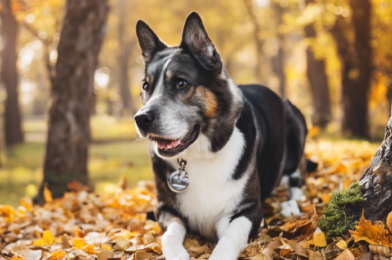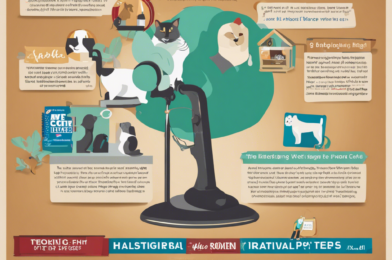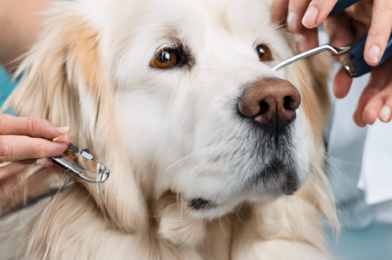As our beloved pets age, ensuring they stay healthy and comfortable becomes a top priority for pet owners. Just like humans, senior pets may benefit from supplements to support their overall well-being. Here, we delve into the world of supplements for senior pets, exploring the options available and their potential benefits.
One common supplement for senior pets is glucosamine, known for its joint health benefits. As pets age, their joints may become stiff and arthritic, making movement painful. Glucosamine helps lubricate the joints, reducing discomfort and improving mobility for senior pets.
Omega-3 fatty acids are another popular supplement for senior pets. These essential fatty acids are known for their anti-inflammatory properties, which can be beneficial for pets with conditions such as arthritis or skin issues. Omega-3s also support cognitive function in aging pets.
Probiotics are not just beneficial for humans but can also aid in maintaining gut health for senior pets. As pets age, their digestive systems may become less efficient, leading to issues such as diarrhea or constipation. Probiotics help maintain a healthy balance of gut bacteria, promoting digestion and overall well-being.
Antioxidants, such as vitamins C and E, play a crucial role in combating the effects of aging in pets. These powerful nutrients help neutralize harmful free radicals in the body, reducing oxidative stress and supporting cellular health. Including antioxidants in a senior pet’s diet can help boost their immune system and protect against age-related diseases.
Senior pets may also benefit from supplements that support heart health, such as Coenzyme Q10. This enzyme plays a vital role in energy production within cells and helps maintain a healthy cardiovascular system. Including CoQ10 in a senior pet’s supplement regimen can support heart function and overall vitality.
Milk thistle is a popular supplement known for its liver-protective properties. As pets age, their liver function may decline, leading to issues such as toxin buildup. Milk thistle helps detoxify the liver and promote optimal liver function, supporting senior pets’ overall health and well-being.
Incorporating senior-specific multivitamins into a pet’s daily routine can help fill any nutritional gaps in their diet. These tailored supplements are formulated to meet the specific needs of aging pets, providing essential vitamins and minerals to support their overall health and vitality in their golden years.
Before introducing any new supplements to your senior pet’s diet, it’s crucial to consult with a veterinarian. Not all supplements are suitable for every pet, and proper dosing is essential to avoid any potential side effects. With the guidance of a veterinary professional, you can create a supplement plan tailored to your senior pet’s individual needs, helping them age gracefully and maintain their quality of life.





